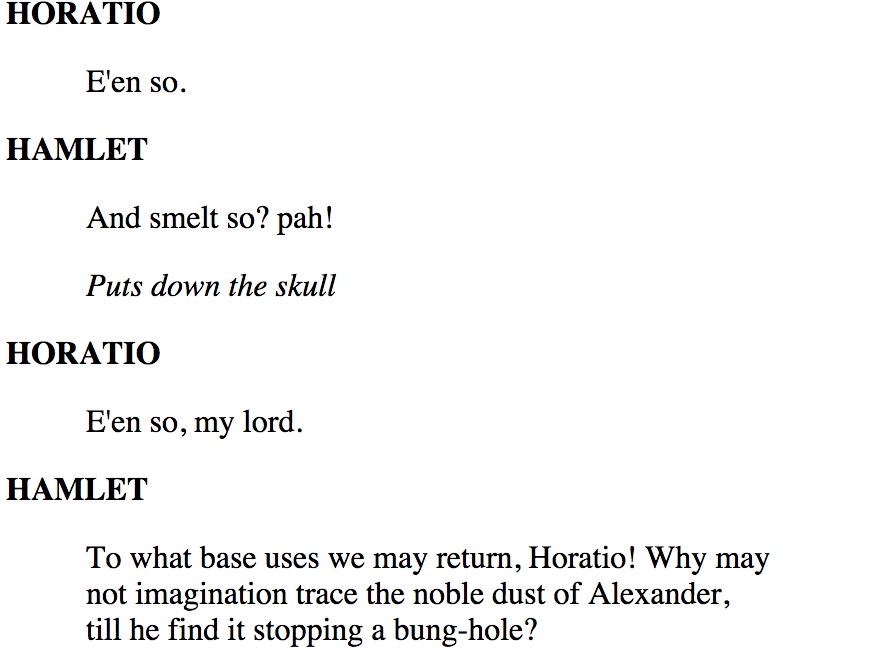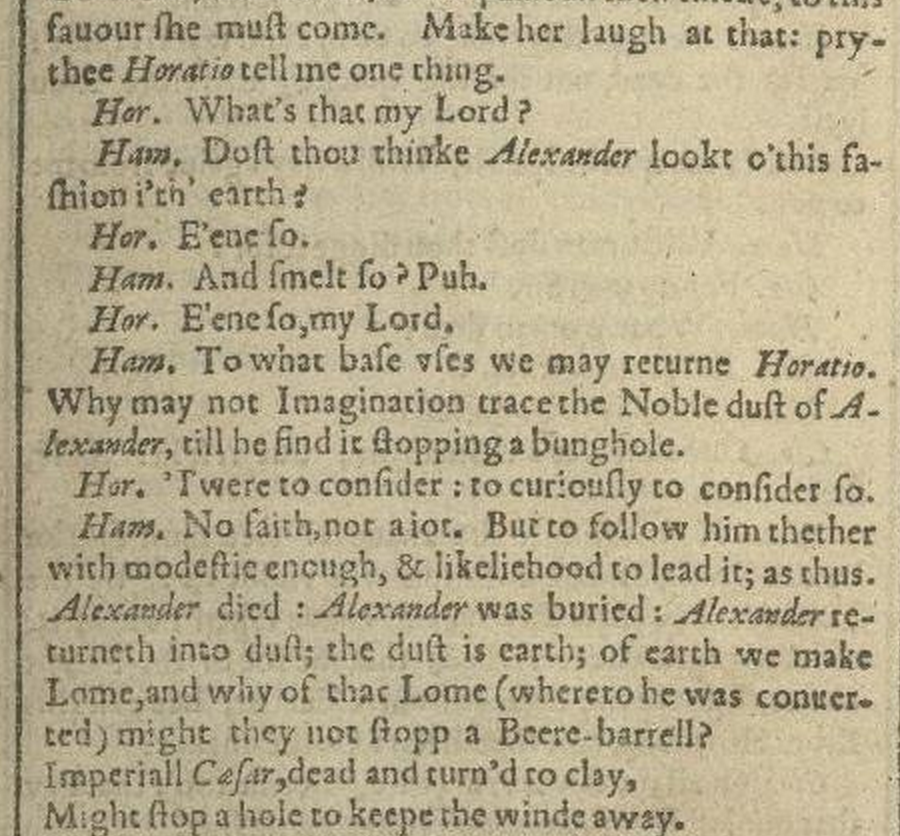As a lifelong computer geek, and a student of the history of my industry, I am disappointed in myself that I’ve never heard this story. Credit to Walter Isaacson’s Innovators for setting me straight.
Once upon a time (1989 to be precise), the inventors of the internet got together and threw a party. I’m not talking about Al Gore and the other talking heads of what the modern generation knows about the net, I’m talking about the academic, government and military minds working under the covers to build the protocols that went into allowing the net to exist in the first place.
You know what these guys did when they partied? They read poetry. Because once upon a time, the smartest people in the world thought that they were creating technology in order to help them pursue the humanities. I think I would have liked these guys.
Anyway, Vint Cerf (who went on to receive the Presidential Medal of Freedom in 2005) got up a read a poem. What he read, was this:
ROSENCRANTZ AND ETHERNET
by
Vint Cerf
All the world's a net! And all the data in it merely packets
come to store-and-forward in the queues a while and then are
heard no more. 'Tis a network waiting to be switched!
To switch or not to switch? That is the question. Whether
'tis wiser in the net to suffer the store and forward of
stochastic networks or to raise up circuits against a sea
of packets and, by dedication, serve them.
To net, to switch. To switch, perchance to slip!
Aye, there's the rub. For in that choice of switch,
what loops may lurk, when we have shuffled through
this Banyan net? Puzzles the will, initiates symposia,
stirs endless debate and gives rise to uncontrolled
flights of poetry beyond recompense!
You probably have to be a computer geek to get most of that, but when I heard it come through my headphones I knew I had to post it!



